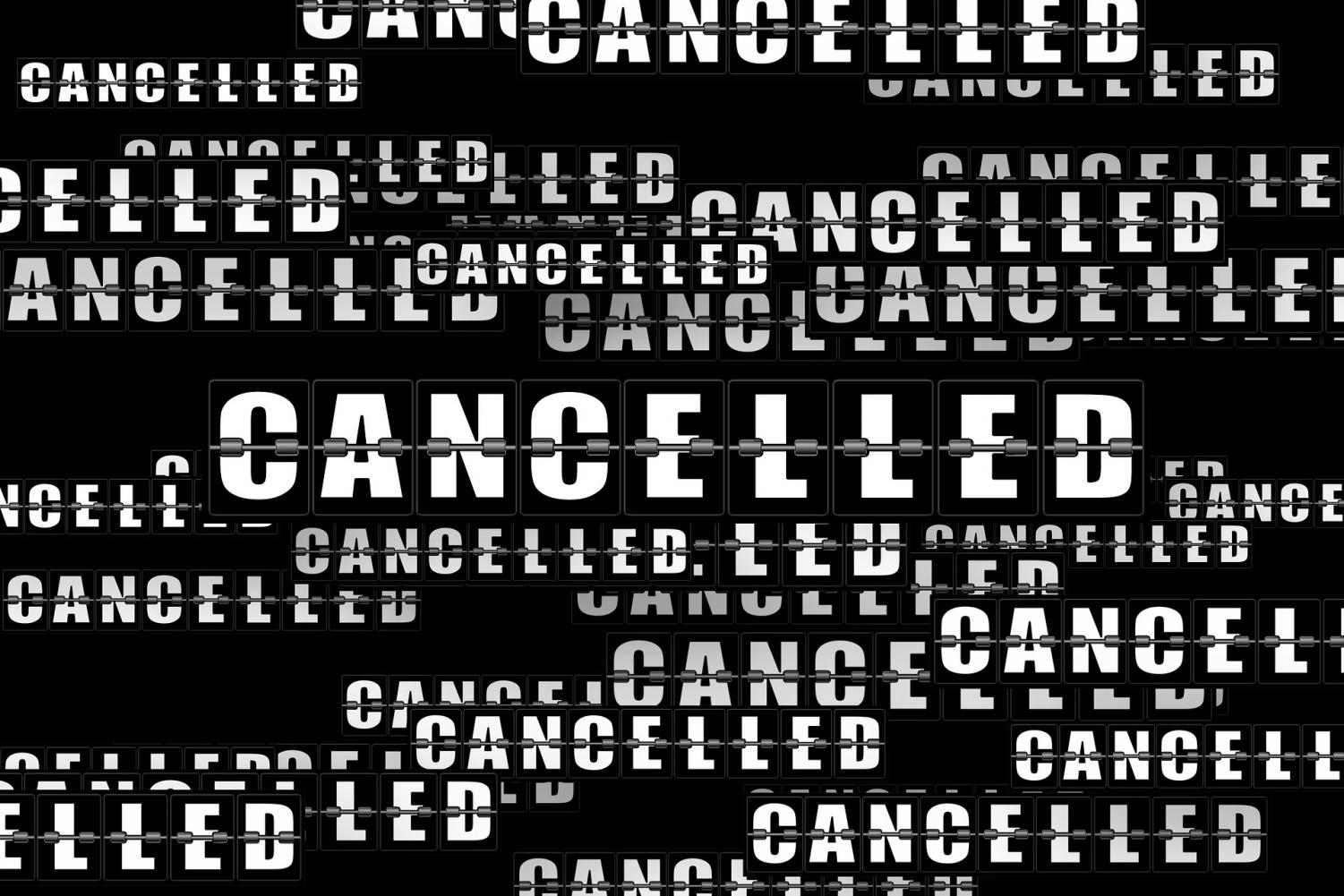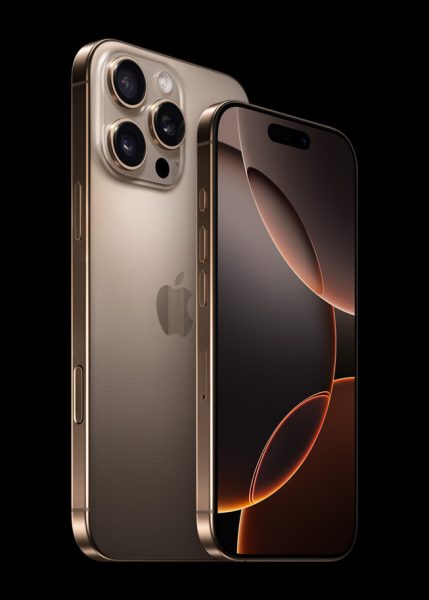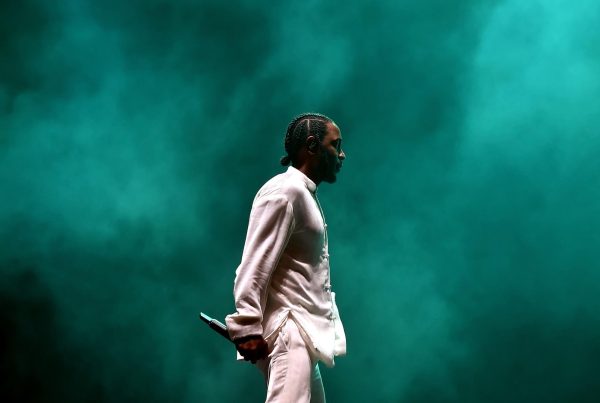Cancel culture skyrockets as TikTok and Twitter use progresses
Cancel culture has been a topic of discussion for some time now, especially this year where celebrities and influencers are getting cancelled left and right. According to Dictionary.com, the phrase “cancel culture” refers to the practice of withdrawing support from public figures and companies after they have done or said something that would be considered offensive or disrespectful.
This has been seen within many companies and social media presence such as Chick-Fil-A getting “cancelled” for being homophobic by supporting anti-LGBTQ charities and TV star Ellen Degeneres for mistreating her staff.
“It kind of makes me think of a mob-mentality,” counselor Brian Linhart said. “People are coming together because we feel comfortable in a group, it reminds me of sociology and trends with people jumping on bandwagons.”
Cancel culture holds someone accountable for their wrong-doings, but some people question its effectiveness and claim it to be toxic. Back in the beginning of 2018, popular youtube star Logan Paul got himself into a scandal for a graphic and insensitive video of a dead body that he posted up on his YouTube channel. His “cancellation” made the spotlight in plenty of media sources and news stations. 
“People love to be ‘woke’ and part of something by following a group,” junior Luciana Gutierrez said. “It makes sense why cancel culture is so popular.”
Since then, many people have spoken out on Paul’s behalf and recognized his change in character. One Twitter user said, “I never thought I would see the day where I actually agreed with Logan Paul… is sir growing up?” @ExumeEsther
According to senior Brandon Puga, it really doesn’t take much to be labeled as “problematic” now. There are constant wars with fan bases that attack artists with allegations.
“Nowadays, the internet is very cookie cutter with what is worthy of ‘canceling’,” Puga said. “It can get extremely toxic when people online have extremely high expectations for their idols.”
Although in the long-run this idea may cause a difference, cancel culture can be really damaging towards someone’s health. Writer Leslie A. Zukor addresses this phenomena in her Microsoft News article titled “Why I Believe the Mental Health Community Should Be Concerned about ‘Cancel Culture’”. She believes that the cancel culture’s damaging ways towards the mental health of individuals lies in a flawed notion of accountability.
Perpetrators assume that one should be held accountable publicly for a minor issue, even though a private conversation would more effectively solve the problem.
“I don’t think cancel culture is effective because instead of helping people change, it’s just more of a bullying tactic,” Gutierrez said. “”Either way, whoever is being blacklisted will still have supporters and a platform.”
Communities that have most commonly been associated with the widespread use of “cancellation” have been TikTok and Twitter. Many teens have been using their platforms to call out these larger creators which so often gets very chaotic.
“Gen Z has completely changed the standards of the internet now, 100%. Not everyone is going to like what a content creator makes and it’s sad when they’re faced with criticism that is not constructive nor was asked,” Puga said. “I feel like Gen Z is more about digging up dirt rather than understanding growth and development.”
According to thejustice.org, which labels cancel culture as toxic, they compare cancel culture to an unhappy younger sibling of callout culture. The overall objective is to cut out the celebrity or public figure out of everyday life and rob them of their power and influence instead of allowing them to grow from their mistakes.
“I think cancel culture does have an effect if you see someone own up to their mistakes and do something about them, but I don’t think it should get to the point where it’s affecting someone’s wellbeing,” Linhart said.











